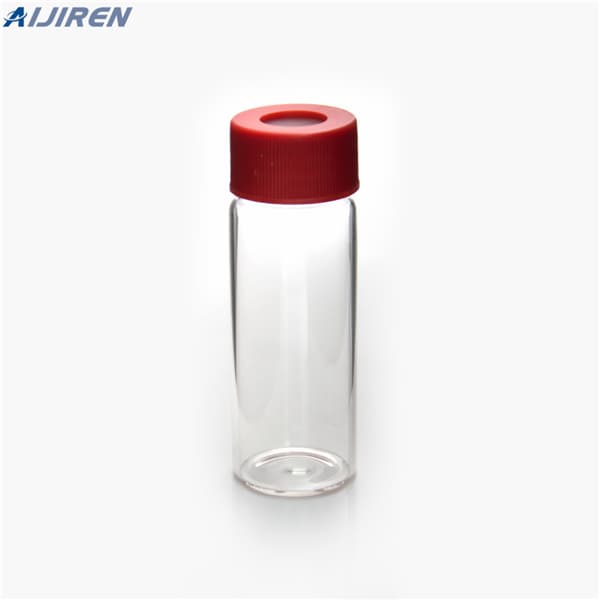2017/8/24 · Volatile organic compounds are a major source of air pollutants. Absorption is an effective solution to treat polluted air loaded with volatile organic compounds, but most actual absorbents are often toxic and non-biodegradable. Here, we tested eutectic solvent mixtures for the absorption of volatile organic compounds for the first time.

See all details. Sold by Nextirrer and Fulfilled by Amazon. Autosampler Vial, 2ml HPLC Vial with Caps, 9-425 Amber Vial with Blue Screw 3.8 out of 5 stars 14. $ 41. 99. See buying options. Autosampler Vials 2ml with Caps, HPLC Vial,9-425 Clear Vial with Blue Screw ... 3.8 out of 5 stars 14. $ 41. 99.
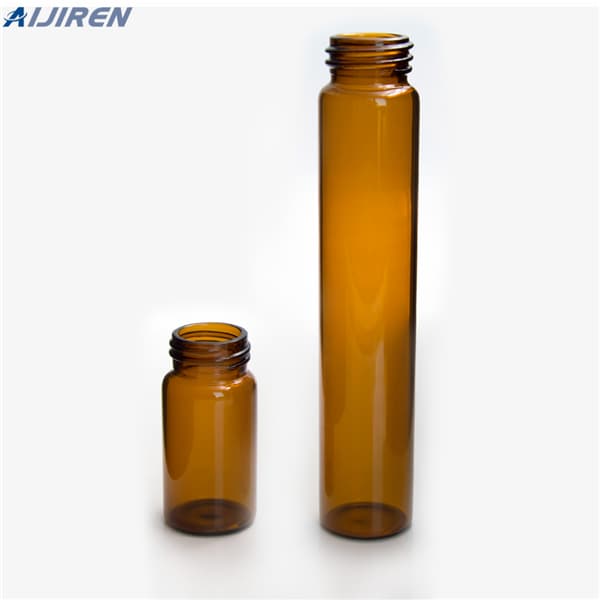
The analysis of volatile organic compounds [VOCs] is an attractive approach to the discovery of potential cancer biomarkers due to its non-invasive nature and potential low costs of sampling and
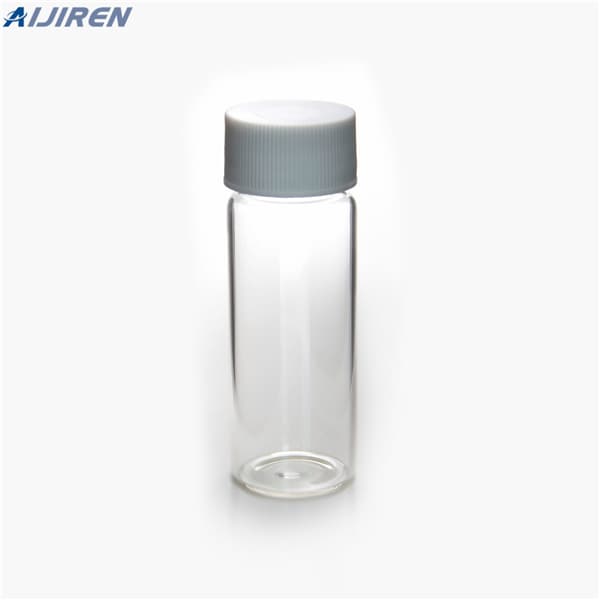
Type of sample vial: Either 20-milliliter (mL) glass serum vials or 40-mL volatile organic analysis (VOA) vials can been used for collecting tree cores for head- space analysis (figs. 3 and 4). Consistency should be maintained within an individual study area.
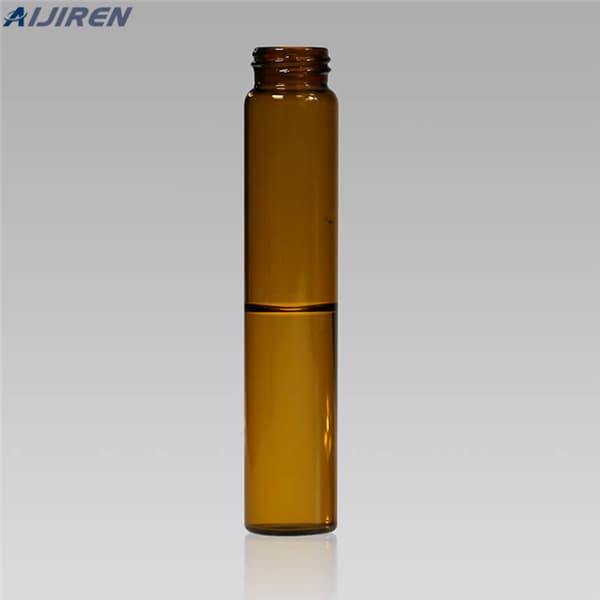
Description. For use in volatile organic analysis. Provide protection from UV rays and harmful lights for light sensitive products. Cleaned only. Material: Glass. With cap. Polypropylene PTFE disc also available (Cat. No. 02-991-776)

Volatile organic compounds (VOCs) are low-molecular compounds with low to moderate hydrophilicity that can not only be dissolved in water, but also dissipate into the gas phase at air-water interfaces. Prior to 1966, only one volatile substance was identified
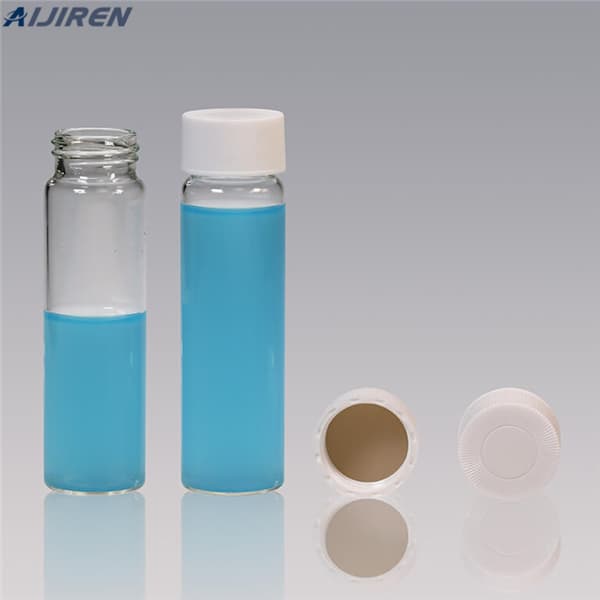
Purge and Trap (P&T) analysis combines high-sensitivity Volatile Organic Compound (VOC) detection with low carryover, providing analysis of VOCs in water, wastewater, soils, and sludges. The P&T instruments from Teledyne Tekmar, a worldwide leader in Purge and Trap Sample Preparation Systems, are the perfect complement for the Aijiren GC/MS systems and are available for purchase directly
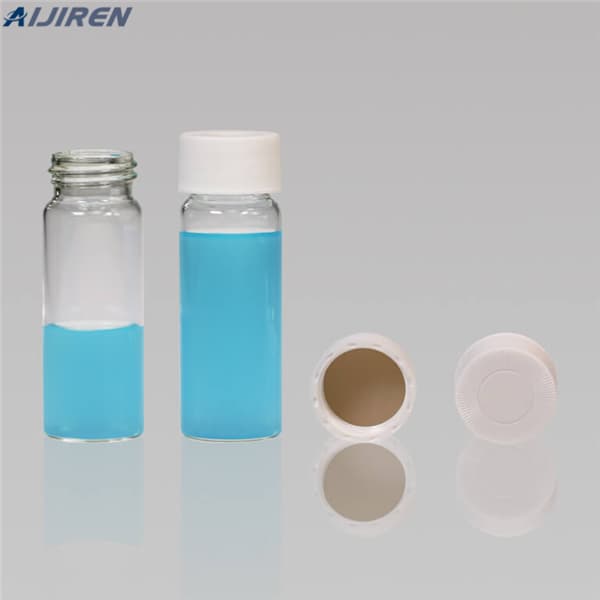
used for analysis of the aliphatic hydrocarbon fraction in the light ends of petroleum hydrocarbons, e.g., gasoline. For the aromatic fraction (BTEX), use this method and Method 8021 (GC/PID). A total determinative analysis of gasoline and other volatile petroleum
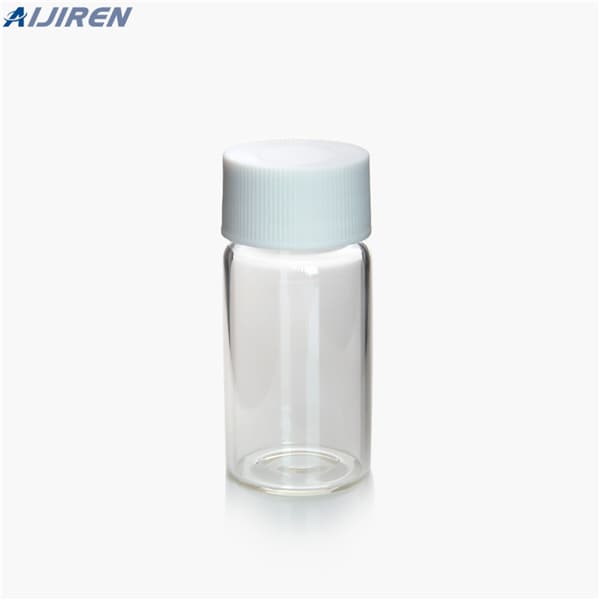
analysis (principal component analysis (PCA), loading and volcano plots) was used to select the significant features, defined by their m/z and retention time, contributing to the group differences. Full-scan data were acquired using PCI mode at 60,000 FWHM
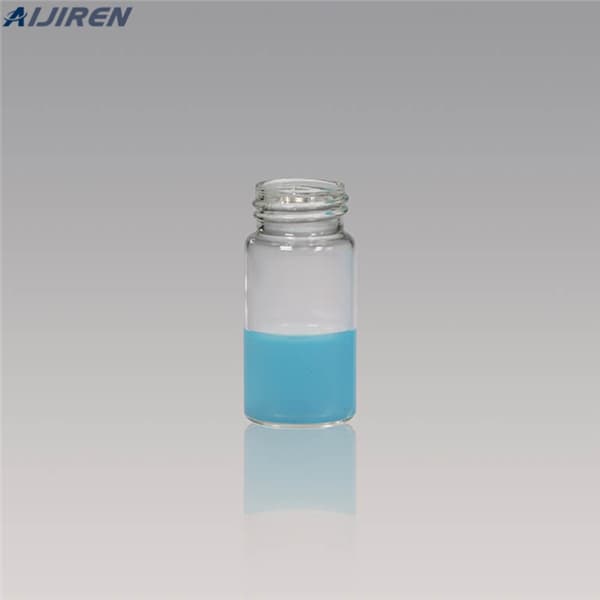
2020/7/20 · Lange, J. et al. Volatile organic compound based probe for induced volatolomics of cancers. Angew. Chem. Int. Ed. 58, 17563–17566 (2019). CAS Google Scholar 11. Raissy, H. H. et al.
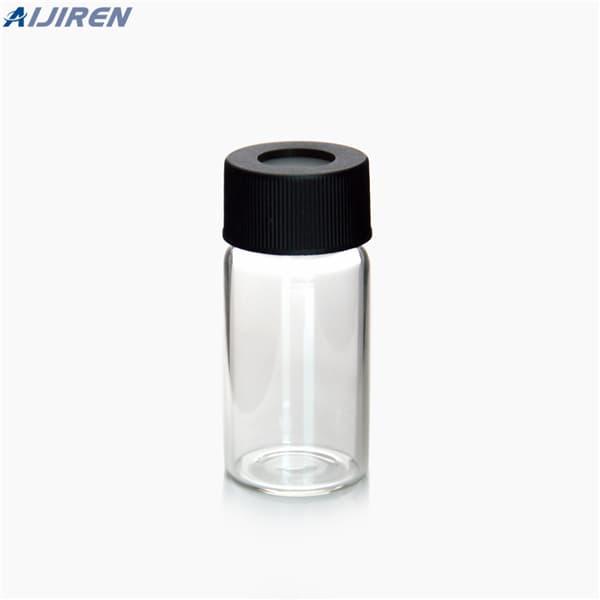
tion of volatile organic compounds (VOCs) that have boiling points below 200 C. The method speci-fies gas chromatography/mass spectrometry (GC/MS) analysis and is widely used in the U.S. and internationally for a variety of sample matrices. These matri
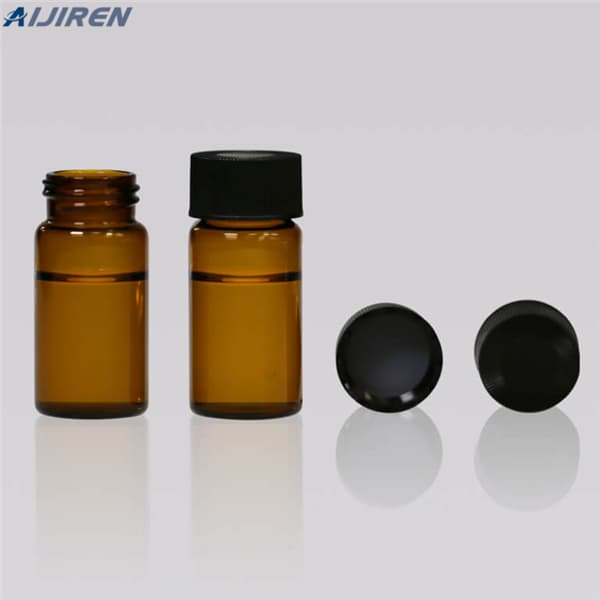
2020/2/25 · Volatile organic compounds (VOCs) can permeate the air and travel a long distance, which makes fungal VOCs a potential, useful and additional tool in biocontrol strategies (Morath et al., 2012). Some studies suggested that the VOCs of some endophytic fungi were able to inhibit the growth of plant pathogens by augmenting host defence responses against pathogens (Macías-Rubalcava et al ., 2010).

EPA Test Methods 5030 and 5035 are focused on determining the amount volatile organic compounds (VOCs) found in either a solid or aqueous sample. Examples of these compounds include chlorinated solvents and fuel additives. With both methods, a sample
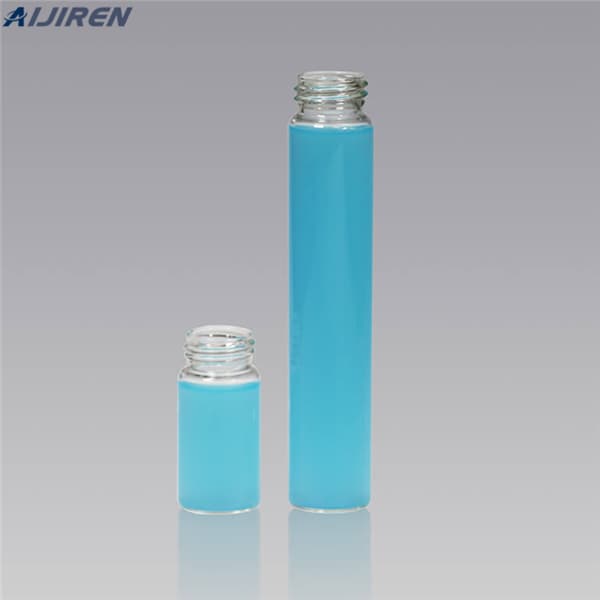
from surface water. The most common technique used to sample streams for VOCs is dipping volatile organic analysis (VOA) vials by hand midstream. Conse quently, the USGS did not have specific guidelines or a proven sampler to collect VOC samples from
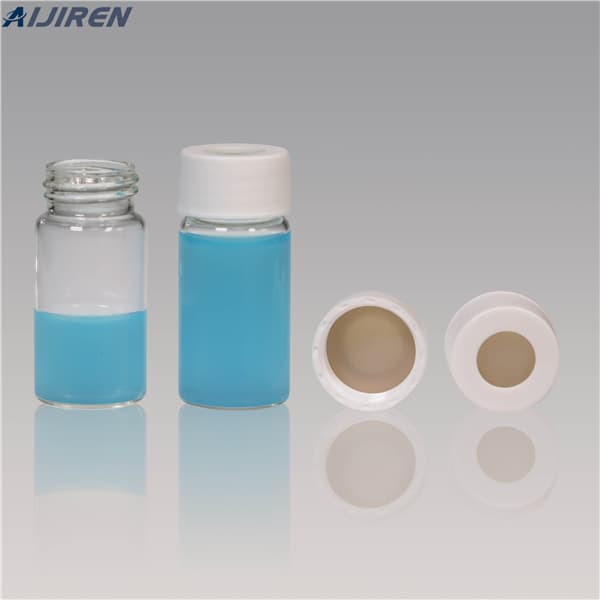
1.1 This method is a general purpose method for the preparation of volatile organic compounds (VOCs) in soil/sediment, solid waste, aqueous and water-miscible liquid samples for determination by gas chromatography (GC) or gas chromatography/mass spectrometry (GC/MS).
